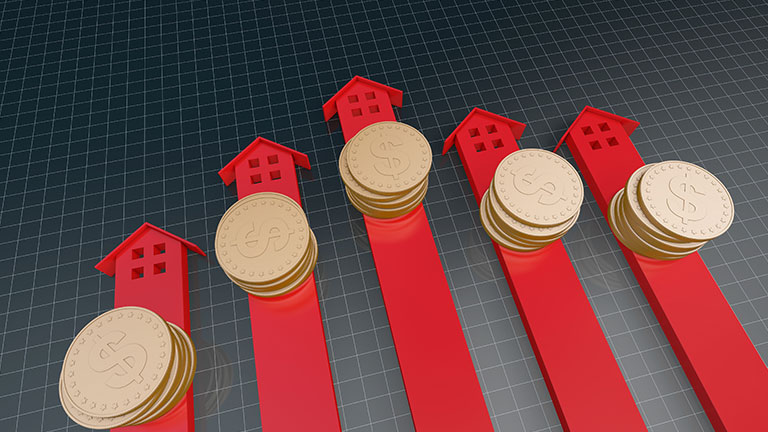
What Is Property Tokenization
By creiland - Blogs Posted in Blogs On April 25, 2022With the growth in blockchain technology, every economic sector is facing a revolution. In real estate, that revolution comes in the form of tokenized real estate investments.
What is tokenization, and how does it work? Here’s an overview of what tokenization is and what it means for real estate investments.
Defining Tokenization
Tokenization is the process of creating a unique token to represent ownership of a real asset. The process of tokenizing converts value and ownership of an asset onto a specific blockchain. Tokens are created as a way to record and verify ownership through the blockchain. This can be done using any blockchain, with Ethereum being one of the most commonly used chains as of 2022.
Tokenized assets can be anything from gold bars to artwork. In this case, we’re looking more closely at tokenization of real estate investment assets.
Tokenization in Real Estate
For real estate assets, you can’t directly tokenize the ownership of a property. If you did, you’d end up with a single token representing ownership of an entire asset, because tokenization is incompatible with existing title deed systems and government ownership.
To get around this, tokenization in real estate works by structuring shared ownership in a special purpose vehicle, SPV such as a Limited Partnership (MLPs, LPs or LLCs). Depending on the location of the asset, various SPV options are available to confirm with the SEC guidelines within that market.
Ownership in a SPV (LLCs, LPs, MLPs)
Real estate SPVs can own a single investment property or many different properties. Ownership of the SPV itself can be tokenized. These tokens represent ownership of the LLC, LP or MLP holding the asset, effectively giving the token holder partial ownership of the real estate asset itself.
What Tokenization Does
There are major benefits to tokenization. By tokenizing real estate, it’s possible to remove some of the largest disadvantages that are currently present for investors and owners.
- Illiquidity
Traditional real estate assets are highly illiquid. It’s one of the biggest weaknesses of real estate as an asset class, and one of the main reasons it’s an asset class that’s less accessible to everyday investors.
Tokenized real estate is far more liquid than traditional real estate assets, allowing you to access your capital more quickly when you need it, as well as making it easier to put more capital into securities - Transactability
While real estate transactions can be long, tedious, and expensive, transactions involving real estate tokens are much simpler. They can be traded through peer-to-peer marketplaces or centralized exchanges. Token transactions are far less expensive and can be completed the same day they’re initiated, similarly to trading shares in a REIT.
Although tokens are easier to trade than real estate assets, they are still classified as securities under Canadian law. Real estate tokens are subject to the same regulations as other securities, as well as anti-money laundering (AML) & know your client (KYC) regulations. - Accessibility
With tokenized real estate investments, asset ownership is more accessible to the general public. Real estate tokens are not location-dependent, nor are they exclusionary. All that’s needed to start investing is access to the internet. - Minimum Investments
Real estate tokens offer one very unique benefit: fractionalization.
Fractionalization is the ability for each token to be split into a nearly infinite number of pieces. This allows buyers and sellers to control the exact amount they either buy or sell, removing the minimum investment requirements that are present with many real estate transactions. Since you don’t need to purchase or sell whole tokens, there’s greater flexibility that you wouldn’t have in a REIT or traditional real estate investment.
New and existing investors can move small or large amounts of capital around for any projects. The only limitation is the cost of processing the transactions themselves, which varies depending on where the tokens are created and exchanged.
If you’re new to tokenization, seek assistance by partnering with a commercial firm. Creiland Consultants Realty is a full-service commercial real estate advisory firm based in Toronto, Ontario, that’s ready to help.
Leave a Reply
Your email address will not be published. Required fields are marked*

